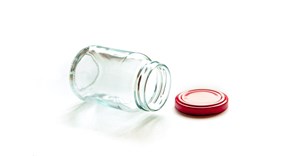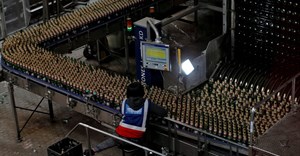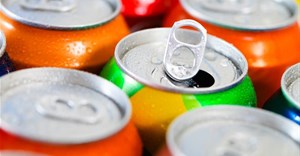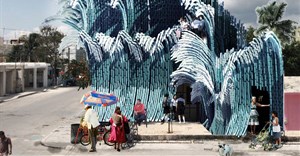Fear of job losses as Rwanda outlaws plastic bottles
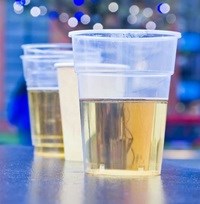
The Private Sector Federation (PSF) last month appealed to the Ministry of Trade and Industry to stop Rwanda Standards Board (RSB) from enforcing the ban, saying they needed more time to mobilise capital to enable them to shift from plastic to glass packaging. Trade and Industry Minister Francois Kanimba, however, said the government will not rescind the decision of shifting to glass packaging of alcohol. "When it comes to public health, it is not negotiable," said Kanimba.
The policy shift could lead to job losses as some manufacturers are likely to close shop. In addition, some manufacturers are servicing loans and the new policy could result in defaults. There were also fears that the high production costs would make Rwandan gins uncompetitive within the East African Community.
Kanimba said RBS has competent technicians and as policy makers, the ministry must respect their advice.
Suffer a setback
However, critics of the policy said the burgeoning industry will suffer a setback because affected manufacturers will have to borrow money to invest in plastics packaging lines.
The standards body claims plastic bottles, which contain a potentially carcinogenic element, was dangerous. It is alleged that dangerous diethylhydroxylamine can be reactivated by prolonged exposure to heat and contact with alcohols.
RSB also raises environmental concern that plastics that are not recycled are not properly disposed of, which causes environmental hazards. RSB also noted that there was a probable adulteration of the gins since plastic bottles are often misused.
Source: allAfrica

AllAfrica is a voice of, by and about Africa - aggregating, producing and distributing 2000 news and information items daily from over 130 African news organisations and our own reporters to an African and global public. We operate from Cape Town, Dakar, Lagos, Monrovia, Nairobi and Washington DC.
Go to: http://allafrica.com/



